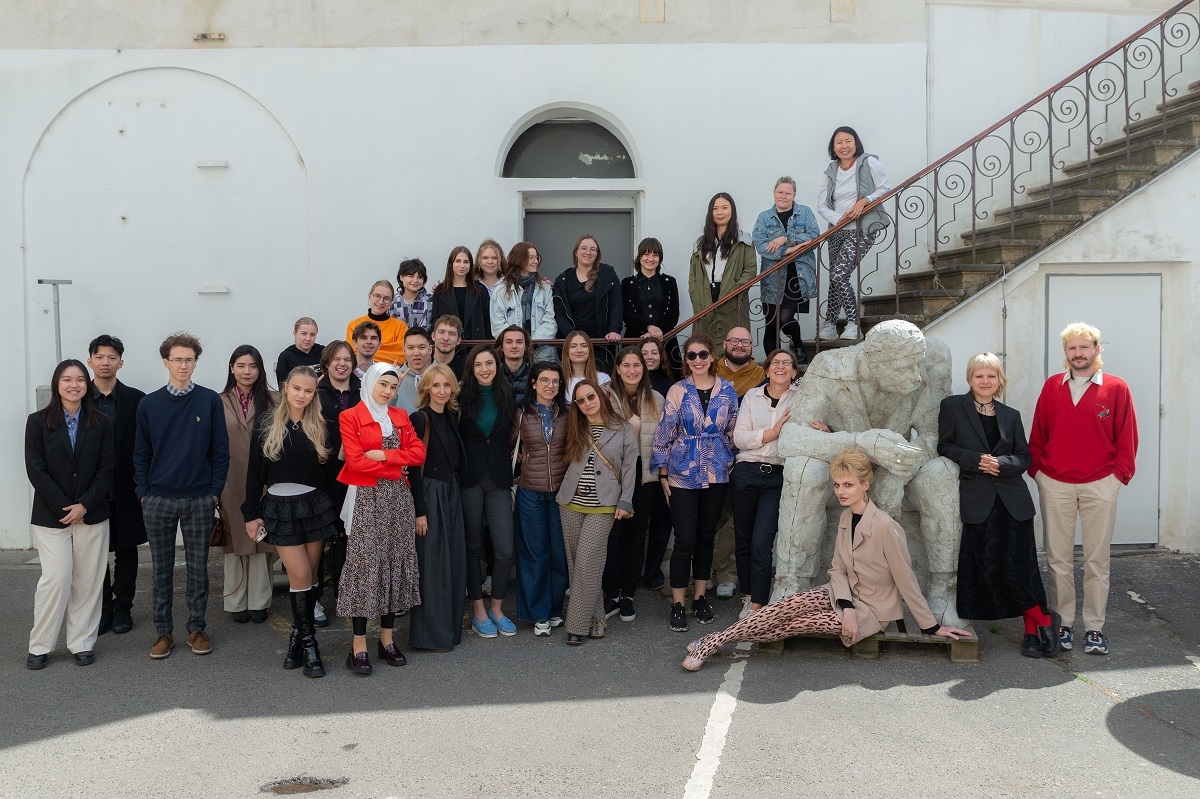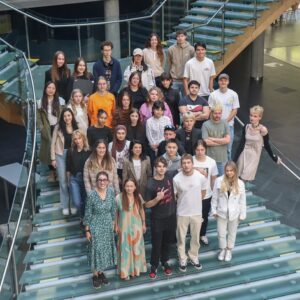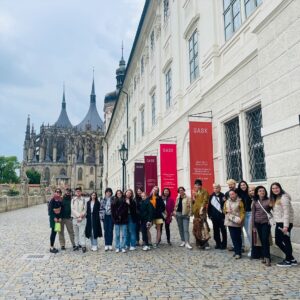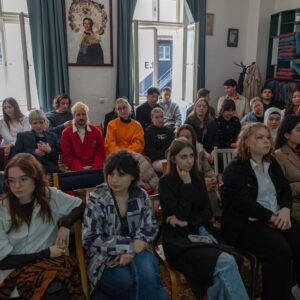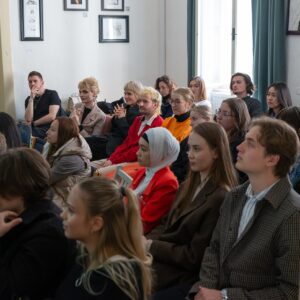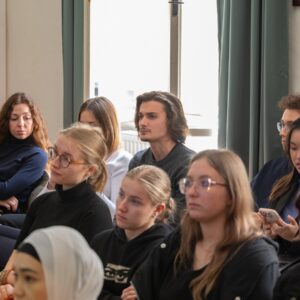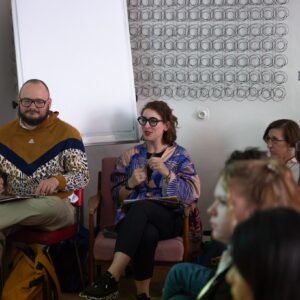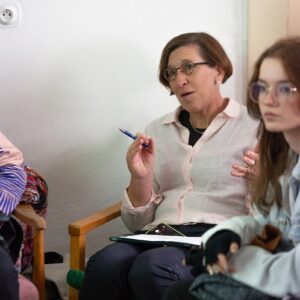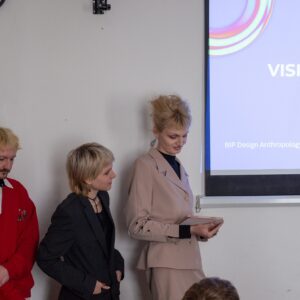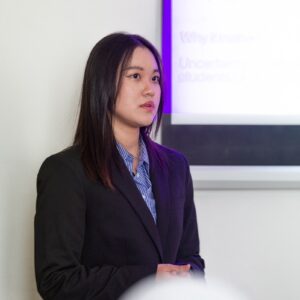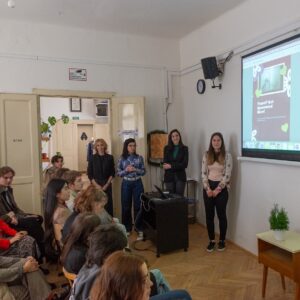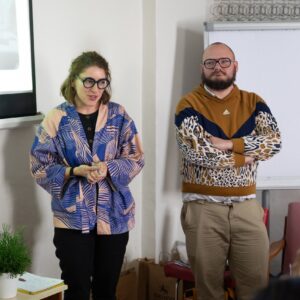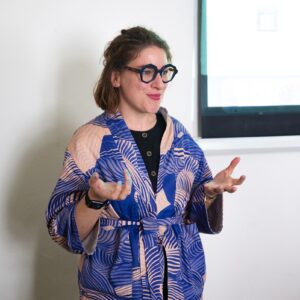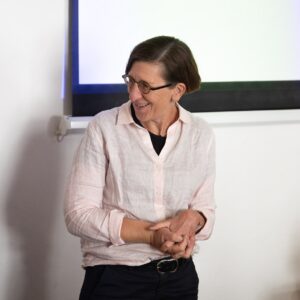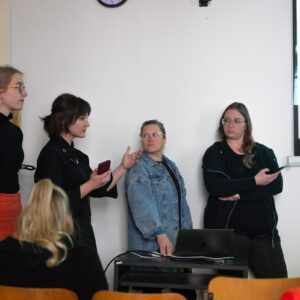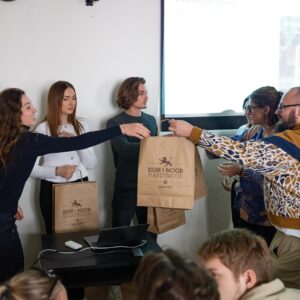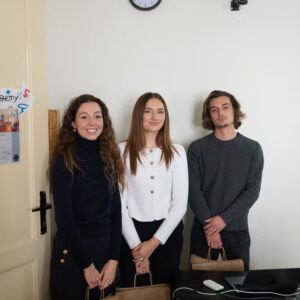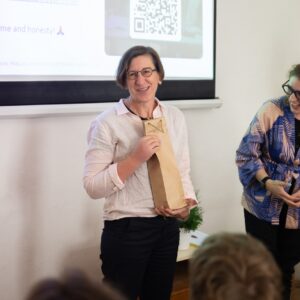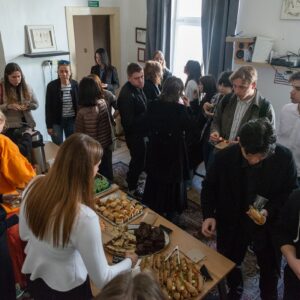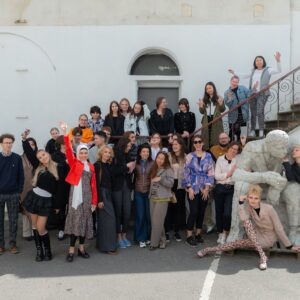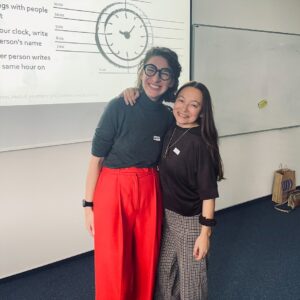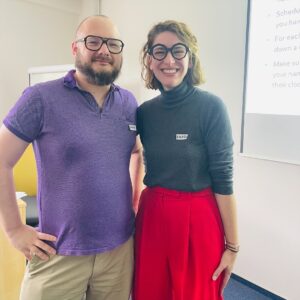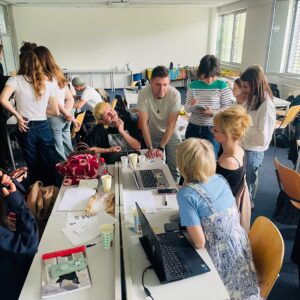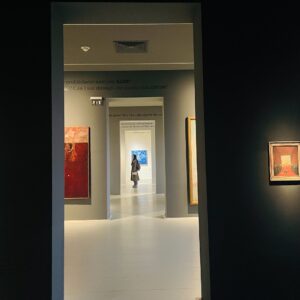BBA Students Partner with Organization of World Heritage Cities to Enhance Young Travelling Scholarship
Students from the Faculty of Business Administration at Prague University of Economics and Business recently participated in an innovative Blended Intensive Programme (BIP) as part of the Design Anthropology in Business Practice course. Working alongside international peers from universities in Paris (France), Burgas (Bulgaria), and Cieszyn (Poland), FBA students developed creative solutions for the Organization of World Heritage Cities (OWHC) and its Regional Secretariat for Northwest Europe and North America to improve their Young Travelling Scholarship programme and make heritage tourism more accessible and appealing to young travellers.
International Collaboration in Action
The OWHC Young Travelling Scholarship (https://www.owhc-youngtravelling.com/), launched in 2018, has supported, so far, 40 young people across four editions to explore World Heritage Cities while documenting their experiences through creative outputs. Despite its success, the programme faces several challenges that the international student teams were tasked to address.
The challenge was both compelling and complex: how to tackle issues such as limited programme visibility, lack of community among recipients, underutilized participant-generated content, or loss of connection with participants after scholarship completion.
“This wasn’t a theoretical exercise,” explains Dr Karolina Kania, who led the course. “The OWHC Regional Secretariat, hosted by the World Heritage Management unit of the City of Regensburg, presented real challenges that needed practical solutions. Our students had to understand not just what the problems were, but develop feasible solutions within actual budget and operational constraints”.
The programme brought together over 40 students from four countries with different cultural perspectives and academic backgrounds. The semester-long programme began with six hybrid workshops where teams conducted qualitative research, including contextual interviews with potential scholarship applicants. Students applied human-centered design principles to understand user needs and organizational constraints.
“Working on real problems for the OWHC felt very different from typical school assignments, it was much more practical and meaningful because we had to manage actual budgets and organizational constraints”, shares Hür Ozan Özbay, a BBA student. “One thing that really surprised me was how creative we had to become to address challenges with limited resources, which isn’t something we usually experience at university”.
The intensive Prague workshop in May 2025 took students through the complete design thinking process: from problem definition through ideation, prototyping, and testing. The week included specialized sessions led by international experts: Dr. Oskar Lubiński, from the University of Silesia in Cieszyn, facilitated a cross-cultural networking session that helped international teams build effective working relationships, while Prof. Geri Avramova, from Prof. Dr. Assen Zlatarov University in Burgas, conducted a storytelling workshop that helped students develop compelling presentation skills.
From Heritage Sites to Creative Solutions
A highlight of the programme was the full-day excursion to Kutná Hora, a UNESCO World Heritage site. Students met with Vít Šnajdr, the UNESCO Site Manager, and Kristýna Šimonová from the tourism department to understand challenges facing heritage sites. The visit to GASK (Gallery of the Central Bohemian Region), with kind guidance from Alena Sedláčková (PR and Marketing Manager of the Gallery) provided additional insights into how small heritage towns can successfully establish internationally recognized cultural institutions that attract diverse audiences while maintaining their local identity and authenticity.
What distinguished this BIP was its direct connection to real organizational needs and its integration of multiple disciplinary approaches. Rather than starting with assumptions about what users need, students learned to conduct ethnographic research, analyze stakeholder insights, and test their ideas with real people.
“Working on this assignment wasn’t only interesting, but also quite useful and unique, since it wasn’t just a regular made-up case study, but a real example of an actual organization”, explains Sofiia Alekseieva, another FBA participant. “The most surprising part was the brainstorming sessions and turning findings from our qualitative research into actual and practical solutions. What we have learned wasn’t just theory, it was a good framework for understanding how to think both strategically and analytically”.
Teams developed solutions ranging from comprehensive social media communication strategies to practical, detailed guides designed to make the application process more accessible and less intimidating for potential applicants. Several proposals are being considered for implementation, demonstrating the value that well-structured academic-organization partnerships can create in diverse sectors.
“The experiential learning aspect and opportunity to collaborate on a real-world project was incredible,” notes Karolina Kania. “Students didn’t just learn research methods – they experienced firsthand how international project teams can generate and test more creative and feasible solutions than any individual could develop alone. This reflects the reality of today’s global organizational environment”.
Monika Göttler from the World Heritage Management unit of the City of Regensburg participated in the excursion to Kutná Hora and joined the final presentations at Kampus Hybernská, a vibrant student hub and cultural-educational space in the center of Prague, providing feedback alongside the academic instructors.
“This cooperation with the university was extremely beneficial for our project. Above all, the intercultural aspect and the target group’s work on concrete solutions for our international organization are invaluable. I also think it’s wonderful to have brought the topic of cultural heritage and UNESCO into focus for many of the participants”, shares Monika Göttler, responsible for the OWHC (Organization of World Heritage Cities) Regional Secretariat for Northwest Europe and North America. “The results of the design thinking process with concrete examples for how to improve our scholarship programme will be adopted right away. With the support of the BIP programme, we are able to adapt and update according to the real needs of our target group. A big thank you to all participants for their creative results and to Dr Kania for preparing and conducting this course!”
Impact and Skills Development
The programme’s learning outcomes directly align with contemporary organizational needs: applying design thinking to real-world challenges, using qualitative research methods, proposing evidence-based solutions, and collaborating effectively in international teams.
“Throughout the course, I significantly improved my teamwork, planning, and problem-solving skills”, notices Hür Ozan Özbay, a BBA student. “Collaborating with students from Bulgaria, France, and Poland was particularly valuable, as it showed me how different cultures approach the organizational issues within similar constraints. Seeing how each group developed unique solutions opened my eyes to new perspectives and ways of thinking. Overall, this was one of those rare courses where our actions truly mattered, and I believe it will positively impact my future career”.
The success of this BIP demonstrates the growing importance of interinstitutional and transnational collaboration in higher education. As organizations face complex, global challenges, they need professionals who can work across cultures, understand diverse stakeholder needs, and develop solutions that work within real-world constraints.
Thank you to all students who took part in the BIP programme and to our partner universities for making this international collaboration a reality: Institut de Recherche et d’Études Supérieures en Tourisme (IREST), Université Paris 1 Panthéon-Sorbonne, France; Faculty of Arts and Educational Science, University of Silesia, Poland; and Faculty of Social Sciences, Prof. Dr. Assen Zlatarov University, Bulgaria.
